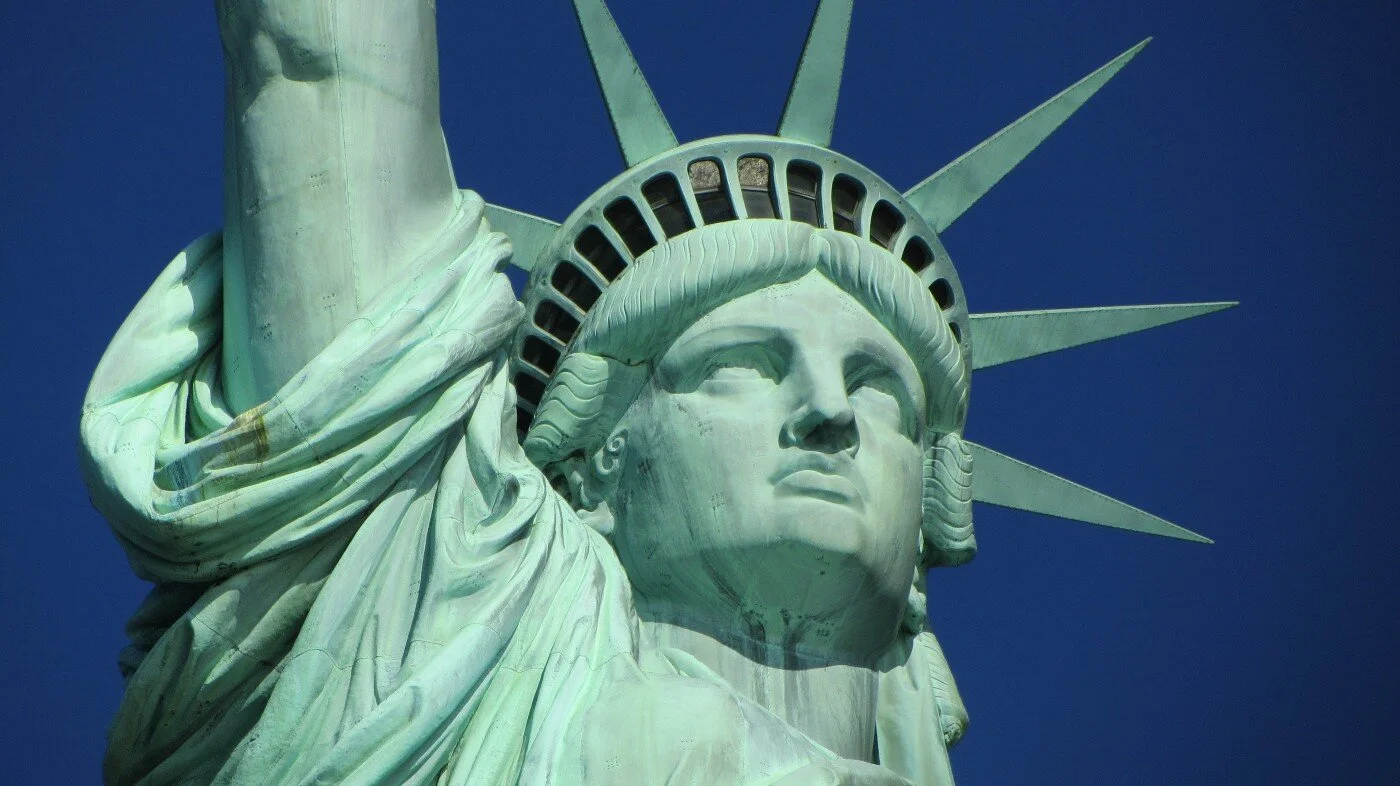A ruling from a federal judge last week is disrupting an immigration program for individuals brought to the U.S. as minors, that entrepreneurs — among many others — have relied on in recent years. The ruling from a Texas district court found the Deferred Action for Childhood Arrivals (DACA) unlawful and blocks the administration from approving new applications. It is essential that policymakers implement a permanent solution, which includes a pathway to citizenship, for this community, because failing to do so can mean abandoning a critical source of U.S.-educated talent.
While the ruling generally does not affect the status of recipients with current, active DACA status, new applicants are shut out. The program, which provides temporary, renewable status to certain young people brought to the U.S. as minors who have lived in the country uninterrupted since June 15, 2007, allows roughly 800,000 people to legally live and work in the U.S. And although current recipients will be able to continue to renew their status, all recipients and would-be recipients, remain in limbo until policymakers craft a permanent solution.
While President Biden has vowed to appeal the ruling, the DACA program has been on shaky legal ground since its inception under the Obama administration. Lawmakers from both parties have routinely and consistently called for a permanent solution for DACA recipients, but Congress has not sent a bill to a president’s desk. Though the House passed the American Dream and Promise Act to provide legal status for all Dreamers — undocumented individuals brought to the U.S. as children — the Senate has yet to take up the bill beyond a hearing. And while there is speculation that a pathway to citizenship for certain immigrant populations will be included in a budget reconciliation bill, it is unclear if the measures will pass procedural hurdles in the Senate.
Failing to provide security for DACA recipients and Dreamers is not only wrong, but it is generally bad economic policy. Countless reports highlight the impact immigrant founders have in the technology and startup industries — immigrants found new businesses at higher rates than native-born Americans, and over 50 percent of unicorn startups have at least one immigrant founder. As Engine has noted in the past, DACA recipients themselves are overwhelmingly entrepreneurial — according to a 2019 study from the Center for American Progress, six percent of DACA recipients under the age of 25 have started businesses of their own, as well as 9 percent of recipients over the age of 25.
Businesses started by DACA recipients are responsible for employing an estimated 86,000 individuals across the country. With thousands of DACA recipients working in critical STEM fields like healthcare and with innovative technology companies, these workers help to bring needed diversity to fields like science and engineering where representation is often lacking. DACA recipients help fill a STEM talent pool that, even with their participation, is still not robust enough to support U.S. demand.
Innovation is a cornerstone of the U.S. economy, and the opportunity to innovate is key to our role as a global leader of entrepreneurship. With immigrants representing more than 25 percent of entrepreneurs in the U.S., it would be a disservice to the diverse ecosystem we’ve been working to build to deny these protections to would-be recipients. Neglecting to recognize their valuable contributions — both in the past, and in the future — sends a global message that the U.S. is not the hospitable destination for innovation. Policymakers must work to ensure we remain a place where all founders and owners are welcome to contribute.


